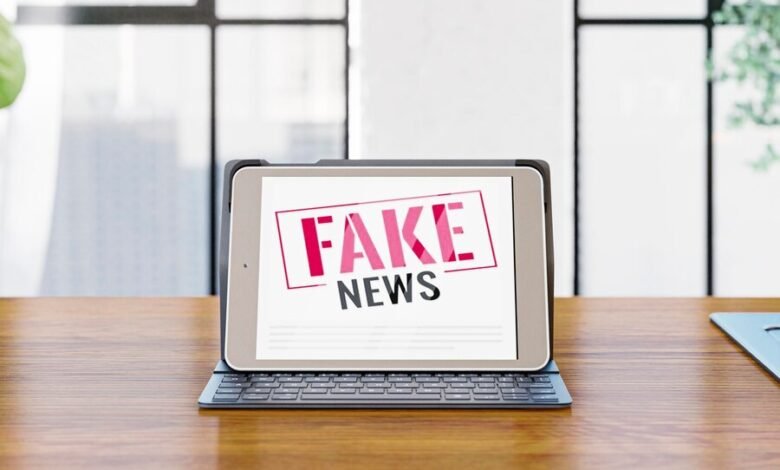How to Avoid Being Duped By Fake News: Deepfakes

In the 2020 presidential election, misinformation in the form of deepfake audios and videos was a concern, and it is still a problem in the Covid-19 epidemic. Although Congress has just taken first measures to address the issue, business leaders must guarantee that the newest worst-case crisis scenario does not become a reality for their enterprises.
Counsel at WilmerHale, Matthew F. Ferraro advises clients on cybersecurity and defence issues as well as crisis management as well as the dangers presented by deepfakes and other types of misinformation.
To avoid falling victim to a deepfake, he advises corporate leaders to follow these procedures. If you are blackmailed by العميق التزييف, you can contact us.
Listen to others on social media
In order to be aware of any attempts to propagate misinformation or influence the media about them, companies should know how their brands are seen on social media. They have the option of doing this on their own or by enlisting the help of third-party providers.
Perform A Self-Evaluation
The level of risk depends on the situation. Ferraro said that in the context of reputational risk, companies must look in the mirror and ask:
Trademark Registration is Necessary
Because intellectual property rights are well-protected under federal law, businesses should register their trademarks and trade dress as a precautionary measure before criminal actors take advantage of them. Visual art copyrights must be registered. We can protect you from فيك الديب very easily.
Prepare
Similarly to how they prepare for phishing assaults and cybersecurity breaches, Ferraro said firms need to be ready for deepfakes, and should assign tasks to members of an incident response team.
Actively Participate in Social Media Sites
It is a good idea for a company to notify the social media sites that are disseminating false information if it notices it. Ferraro said that such misinformation may in certain cases be deleted because it breaches the terms of service of the sites involved.
Spread the Word About Your Message
Customers, the media, and the general public ought to hear from companies directly, he said. “In the information ecosystem, they should already have a voice and a brand. Disinformation or deepfakes should be reported to state or federal officials, such the Securities and Exchange Commission, if they begin to spread widely.”
When everything else fails, go to the legal system
“Free speech rights safeguard ideas,” said Ferraro, “but companies are not helpless when their brands are defamed, firms are cheated, or their markets are manipulated.”
Inaction on the federal level
The Senate convened a hearing on misinformation and disinformation in October, with an emphasis on the political aspects of the problem and its implications for the 2020 presidential election. The commercial impact of this catastrophe was largely ignored.
However, Congress recently made some small moves in that regard, despite the federal government’s apparent reluctance to launch new forceful measures to assist businesses and organisations battle false information and misinformation. As Ferraro noted in a recent piece for The Hill, Congress is becoming more concerned about this pressing problem of national security.



